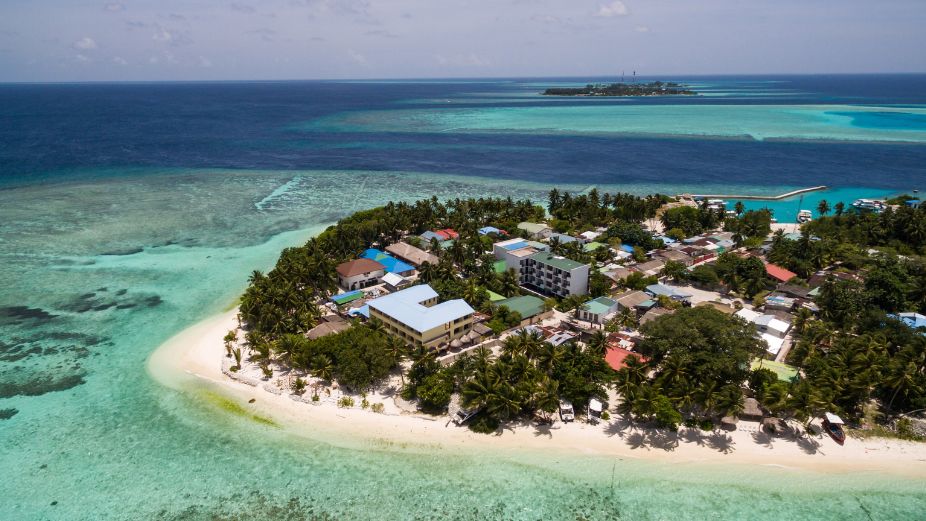
President Dr Mohamed Muizzu announced on Monday that the 2026 budget will prioritise the establishment of a more compassionate social protection system, delivered through local councils. He made the announcement while addressing residents of Olhuvelifushi during his ongoing visit to the inhabited islands of Faadhippolhu, adding that the budget will be submitted before the end of the week.
The President said the budget will reflect the island’s development goals, incorporating projects signed during the visit, as well as planned initiatives and existing pledges. He explained that following the planned dissolution of Atoll Councils through a legislative amendment, surplus funds will be redirected to Island Councils to provide essential social support directly to residents.
Addressing projects specific to Olhuvelifushi, President Muizzu highlighted the stability of the island’s power grid as a critical priority. He emphasised that the successful implementation of many planned development projects depends on stabilising the grid and reaffirmed the Administration’s commitment to supporting Fenaka in resolving the issue. According to the President’s Office, it will closely monitor progress, aiming for a complete resolution prior to the next Ramadan.
On 14 August, President Muizzu ratified the latest amendment to the Decentralisation Act, despite opposition from local councils nationwide. The amendment redefined the financial and administrative powers of local councils, limiting the Local Authority Companies to only be able to conduct essential rural infrastructure projects only if they exceed MVR 10 million, and restricting business activities that compete with private enterprises. Councils are now prohibited from charging rent for land or buildings used for public services and must follow stricter financial procedures, including maintaining accounts under Ministry of Finance guidelines.
The amendment also restricts councils approaching the end of their term from recruiting staff, leasing land, lagoons, or reefs, or initiating new development projects outside approved plans without Ministry approval.












